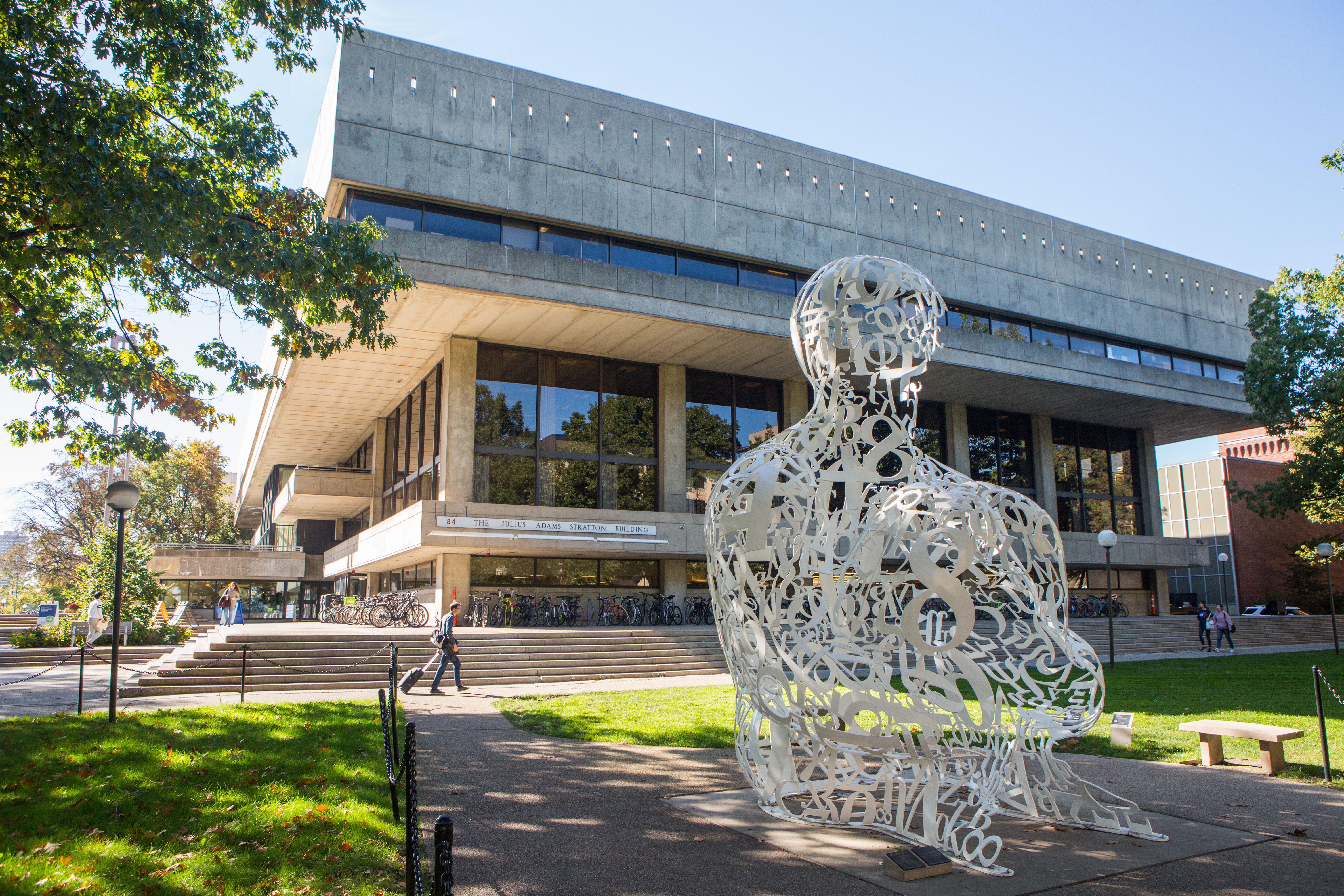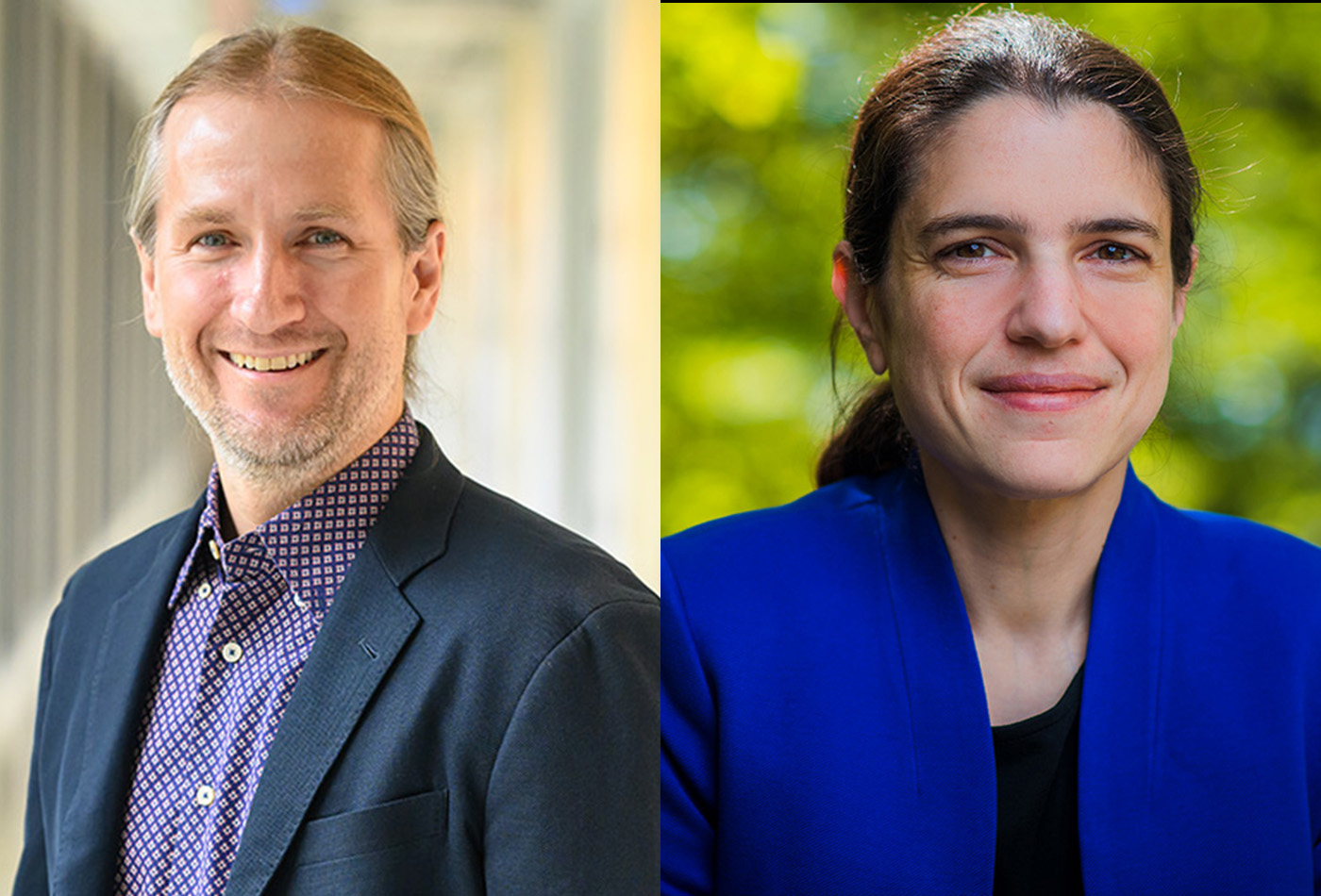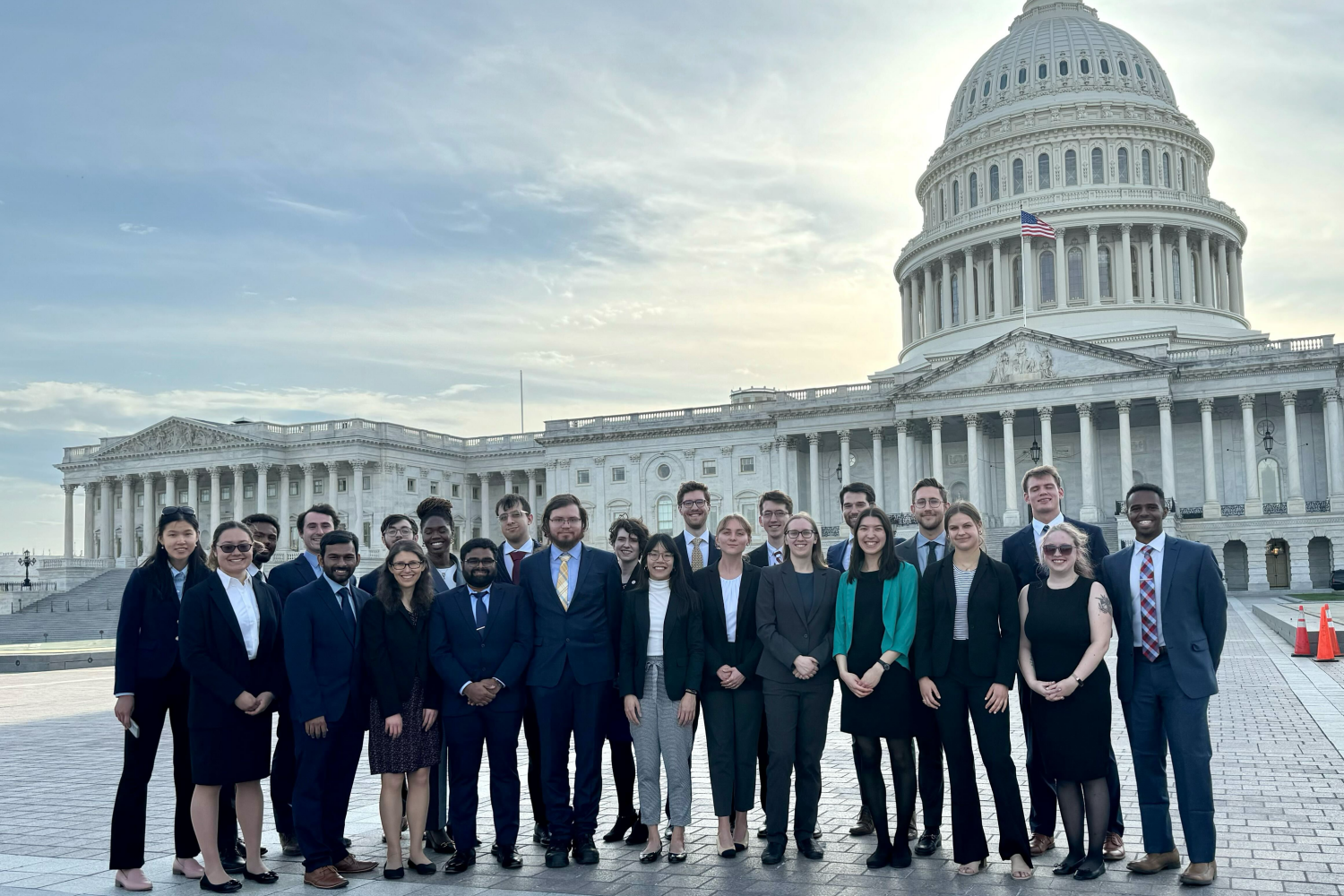Fourteen Chemistry Students Receive NSF Fellowships
Honorees -- chosen from close to 12,000 applicants -- represent a diverse group of scientific disciplines from all states, the District of Columbia, and U.S. commonwealths and territories.
The Department of Chemistry is pleased to announce that fourteen of its students (a group consisting of current and admitted graduate students) have been named recipients of National Science Foundation (NSF) Graduate Research Fellowships.
Current Graduate Students (10)
Alexandra Brown (Suess)
Olivia Fiebig (Schalu-Cohen)
James Gilhula (Radosevich)
Sam Hendel (Shoulders)
Rasia Li (Shoulders)
Alexandra McIsaac (Van Voorhis)
Azin Saebi (Buchwald & Pentelute)
Carly Schissel (Pentelute)
Erica Tsai (Buchwald)
Kristin Zuromski (Baker – Biology)
Admitted Graduate Students (4)
Hayden Carder
Amanda Cowfer
Elaine Reichert
Dina Sharon
The National Science Foundation’s (NSF) Graduate Research Fellowship Program (GRFP) recruits high-potential, early-career scientists and engineers and supports their graduate research training in science, technology, engineering and mathematics (STEM) fields.
Launched in 1952 shortly after Congress established NSF, GRFP represents the nation’s oldest continuous investment in the U.S. STEM workforce.
“To support U.S. leadership and innovation in science and engineering, we must recognize and nurture talent from all of our nation’s communities,” said Jim Lewis, NSF acting assistant director for Education and Human Resources. “I am pleased that again this year, the competition has selected talented students from all economic backgrounds and all demographic categories. In addition, NSF worked successfully to accommodate students from U.S. islands devastated by Hurricanes Maria and Irma, so that they could still compete for a fellowship.”
The new awardees were selected from more than 12,000 applicants and come from all 50 U.S. states, as well as the District of Columbia and U.S. territories. Honorable mention recognition went to 1,459 individuals.
The group of 2,000 awardees is diverse, including 1,156 women, 461 individuals from underrepresented minority groups, 75 persons with disabilities, 27 veterans and 780 who have not yet enrolled in graduate school. These awardees did their undergraduate studies at more than 443 institutions, ranging from small undergraduate, minority-serving, tribal and community colleges, to large state or private universities and Ivy League institutions.
GRFP is a critical program in NSF’s overall strategy to develop a globally engaged workforce necessary to ensure the nation’s leadership in advancing science and engineering research and innovation. Former NSF fellows make transformative breakthroughs in STEM, are leaders in their chosen careers, and have been honored as Nobel laureates. A hallmark of GRFP is its contribution to increasing the diversity of the STEM workforce, including geographic distribution, as well as the participation of women, underrepresented minorities, persons with disabilities and veterans.
GRFP provides three years of financial support within a five-year fellowship period — $34,000 annual stipend and $12,000 cost-of-education allowance to the graduate institution. That support is for graduate study that leads to a research-based master’s or doctoral degree in a STEM field.
Fellows have opportunities for international research collaborations through the Graduate Research Opportunities Worldwide (GROW) initiative and professional career development with federal internships provided through the Graduate Research Internship Program (GRIP). GRFP also supports NSF’s Career-Life Balance (CLB) initiative.





